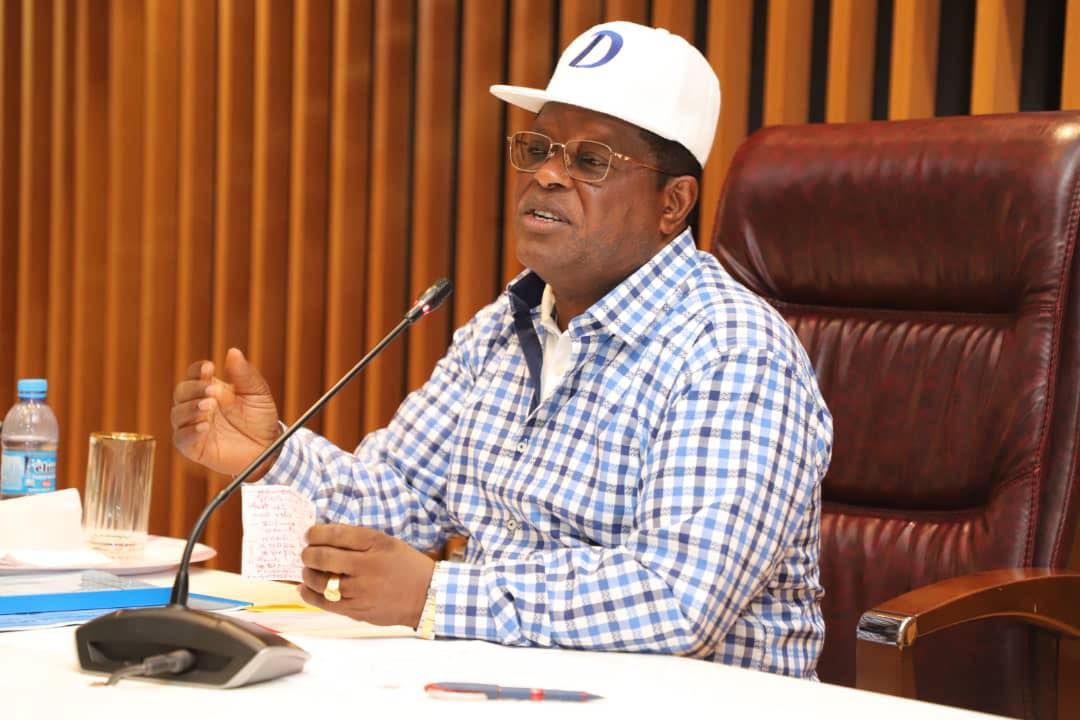In a startling revelation, Tracka, BudgIT’s service delivery monitoring platform, accuses David Umahi, the Minister of Works, of disbursing a staggering N9.3 billion from the Federal Ministry of Works to FIMS Microfinance Bank Ltd. This move appears to contradict the 2007 Public Procurement Act.
According to Tracka, this payment occurred between June and December 2023 and involved 62 projects, spanning the construction of roads nationwide and more. Detailed transactions published by Nairametrics specify projects like the N1.4 billion Yaba-Yangoje Road construction in the FCT, N1.2 billion for the rehabilitation of a 2km road in Atiba, Oyo state, and N1.2 billion for the rehabilitation of Ejule-otukpo Road in Benue State, among others.
The report uncovers payments made, such as N1.4 billion in September 2023 for the Yaba-Yangoje road in the Federal Capital Territory and N1.2 billion in October 2023 for rehabilitating a 2km road in Atiba, Oyo state. These revelations raise concerns about the legality of the disbursement, considering FIMS Microfinance Bank Ltd’s lack of recognition as an institution providing construction services.
The 2007 Public Procurement Act (as amended) in section 16 (6) (a) (i), (iii), and (iv) clearly outlines the necessary qualifications, financial capability, equipment, and personnel requirements for bidders in procurement contracts. Umahi’s disbursement violates these provisions, as the Microfinance Bank lacks the professional and technical qualifications for such projects.
BudgIT has sent a request to Umahi to respond to these serious allegations. The report also urges the Bureau of Public Procurement to scrutinize the transactions for any violations and impose sanctions for breaches. Additionally, the organization calls on anti-graft agencies, namely the Independent Corrupt Practices Commission (ICPC) and the Economic and Financial Crimes Commission (EFCC), to thoroughly investigate these payments and prosecute any officers found guilty.
“We call on the anti-graft agencies—the Independent Corrupt Practices Commission (ICPC) and the Economic and Financial Crimes Commission (EFCC)—to question and probe these payments and prosecute the erring officers,” the report emphasizes. The gravity of these allegations demands swift and thorough investigation for accountability and transparency in government transactions.











